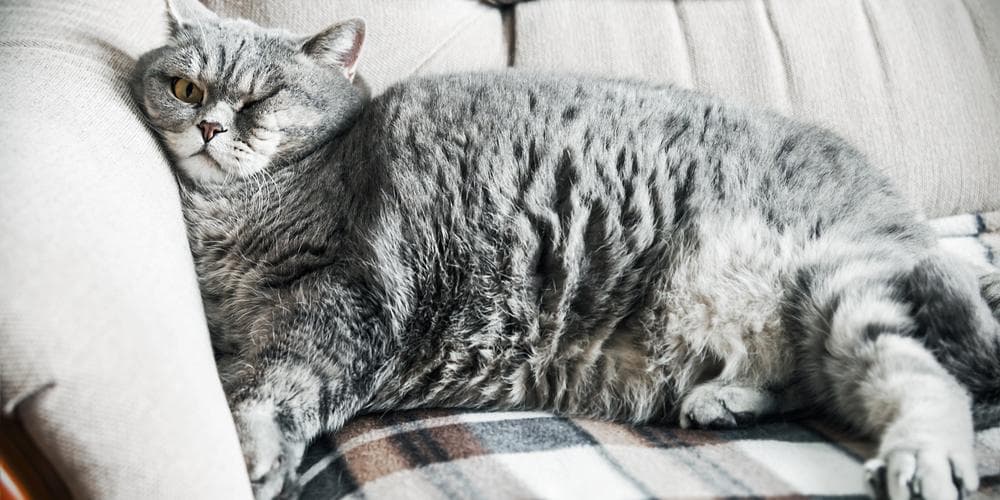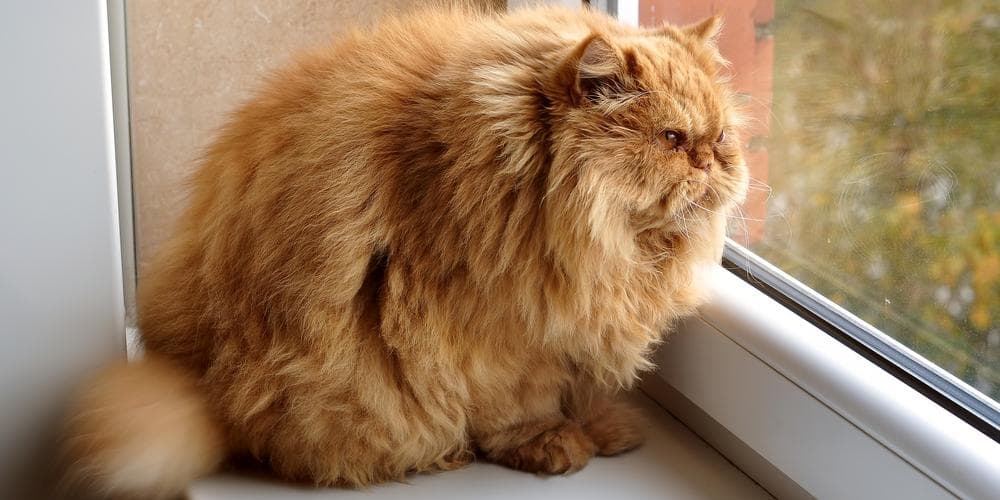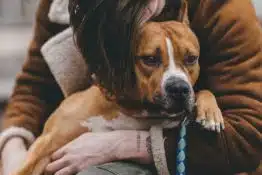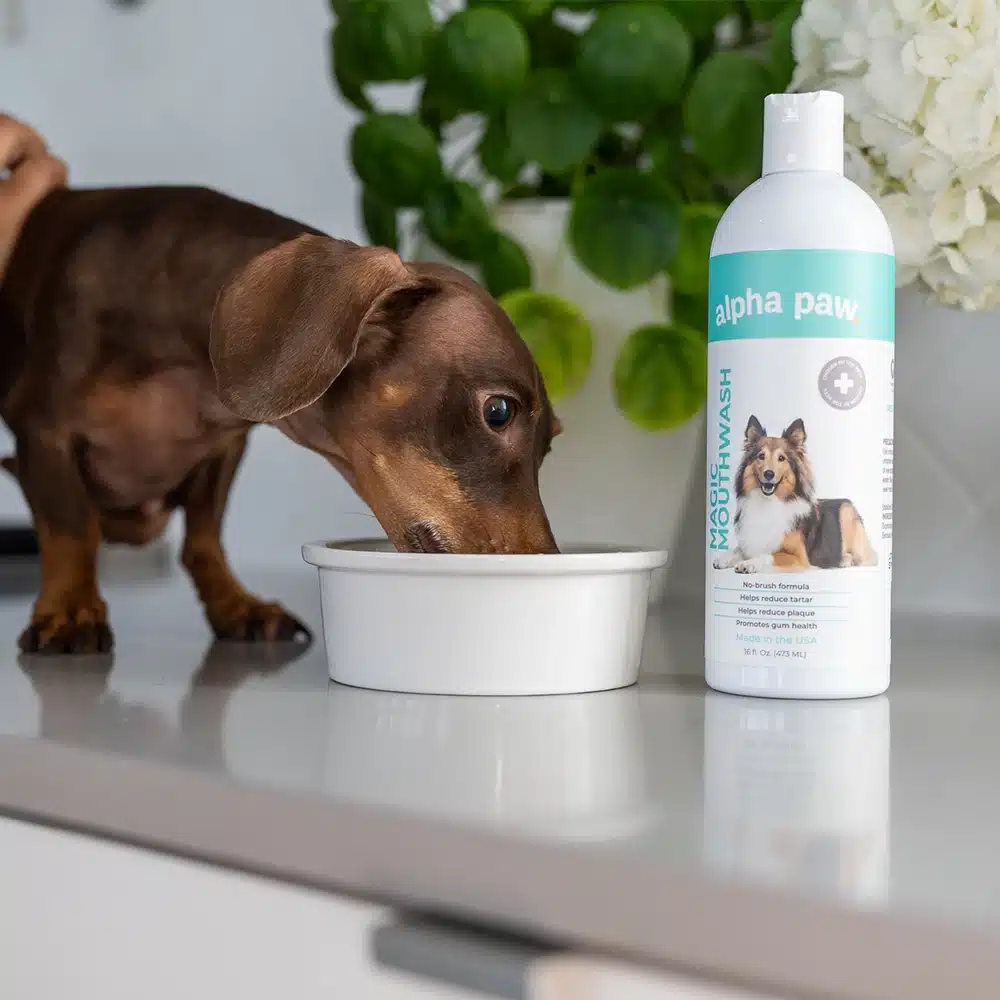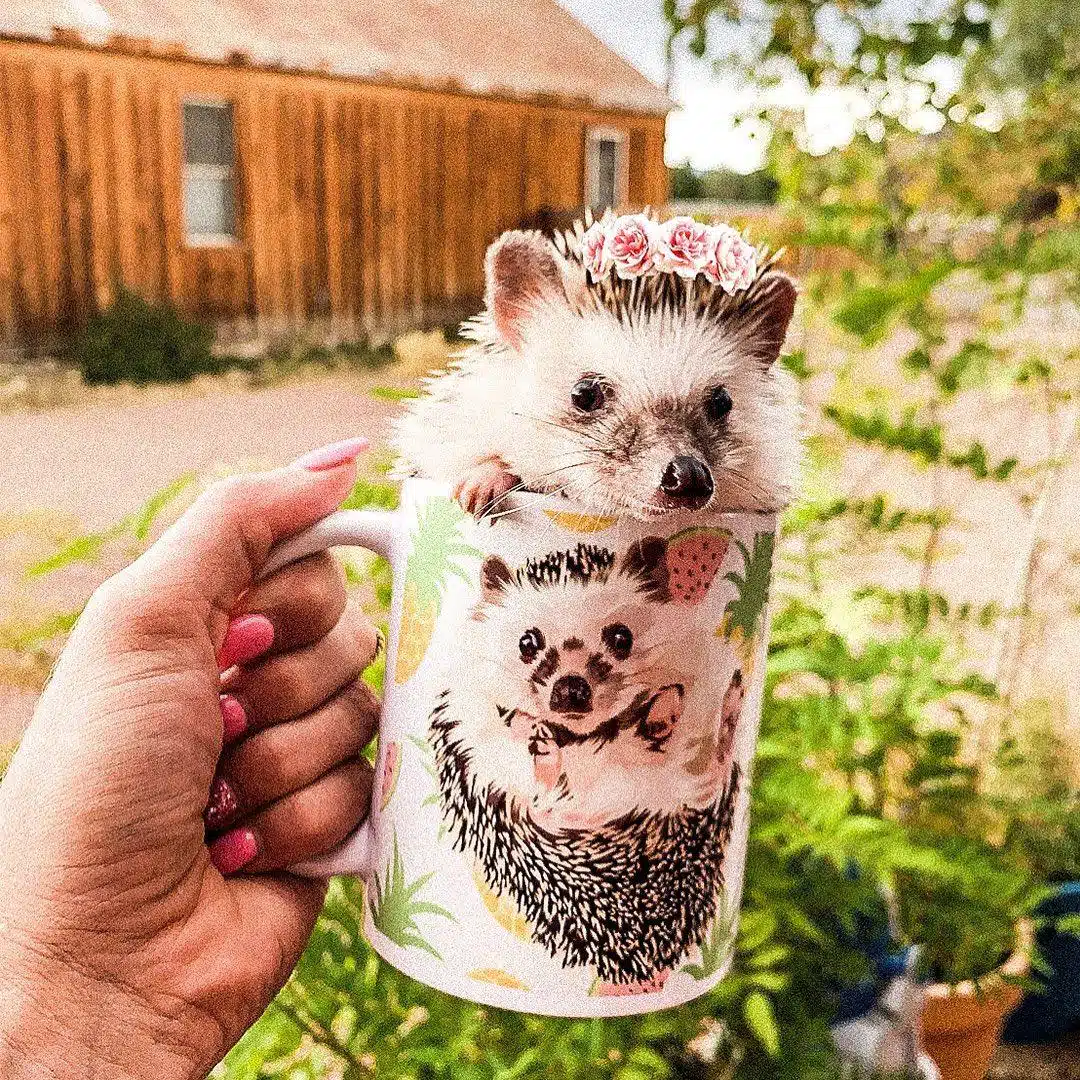How Can You Help Your Cat Lose Weight?
Here’s a startling finding: more than 50 million cats in the United States are obese. That’s equivalent to almost 60% of all cats in the country. Now, if your cat is one of them, you know how his weight could become a predisposing factor for a lot of diseases.
Overweight or obese cats are prone to developing diabetes, high blood pressure, osteoarthritis, and diseases of the heart, kidney, lungs, and liver. Not only that, but they are expected to have a decreased life expectancy.
For this reason, it is not difficult to see the importance of your cat to lose weight. To get you started, here are some ways you can help your cat shed those extra pounds.
See Your Vet
It might be tempting to start your weight loss program without your vet, but this should not be the case. There’s a danger that comes with a significant and sudden loss of weight. If done incorrectly, you are putting your feline in serious trouble.
Your vet will first assess your cat’s general health condition and determine his level of obesity. From there, you and your vet can now accurately determine the target weight of your fur baby. This is important since it helps you set a goal and measure the success of your weight loss program.
Once you have prepared the right intervention and how to go about it, you would be more confident that you are doing what’s right for your cat.
Use High-Quality Canned Food
Since you will now be controlling the food intake of your precious pet, you could do this easier when you use canned food. You can simply read the label and it should tell you how much calories each serving gives.
Now, don’t settle for cheap canned food. Go for the ones that come with high-quality wet food. Many cats love wet food and this should still give them the pleasure of eating even when their diet is now being controlled.
Slowly Change Your Cat’s Diet
Consider the feelings of your cat too. What do you think would happen if you suddenly change his diet? He might freak out, get confused, or worse, lose his appetite altogether.
So, best is to change your cat’s diet slowly. Allow for one to two weeks for this process to take place. What you can do is perhaps begin with a ratio of 1 is to 3 of the new and old diet food. After a few days, make it 2 is to 2, then 3 is to 1, and finally, have your cat used to his new food completely.
Use Dietary Supplements
Since your cat is now getting a lesser amount of food, she might not have all the nutrients she used to receive. That’s where supplements come in. Your vet can recommend various supplements, which may include multi-vitamins and omega-3 fatty acids.
Control Calories
Unused calories are stored as fats in the body. These calories may come from treats, table scraps, and quick snacks. Switch to low calorie treats and avoid giving your cats food off from your dining table.
To determine how many calories you should give your cat, calculate his resting energy requirements (RER). You can research more about this or discuss this with your vet.
Keep Your Cat Moving
Cats are known to conserve energy as much as they can. Thus, you need to exert extra effort to give your cat a daily dose of exercise.
There are a lot of ways you can do this. You can play with your cat like letting him chase his toys. You can also take him to a walk on a leash. A climbing and scratching post could also encourage your cat to become more active.
Achieving a Healthy Weight
Your cat needs to stay fit as much as you do. Losing weight can be challenging especially for cats. Nevertheless, with the right amount of patience, knowledge, and expert help, you should be able to achieve the right weight for your furry best friend.
Be Consistent and Never Give Up
Remember how this will benefit not just your feline pet, but also you.
80% of Dogs Develop Arthritis or Joint Pain by 7 Years old – Here’s How to Protect Them
Most of us train our dogs when they are puppies to jump up on furniture. We think it’s harmless (and easier than always lifting them), but for dogs, couches and beds are very high compared to the size of their bodies.
Every time they jump it compresses their back and applies enormous force to their joints.
It’s no wonder that an incredible 80% of dogs experience arthritis or joint pain by only 7 years old.
Luckily, there is a vet-recommended solution.
It’s the PawRamp by Alpha Paw. An adjustable ramp that allows dogs to safely get on and off couches and beds. PawRamp makes joining you in bed or on the couch effortless and fun.
As a bonus, you can use code SAVE35 to get $35 off the PawRamp today.



